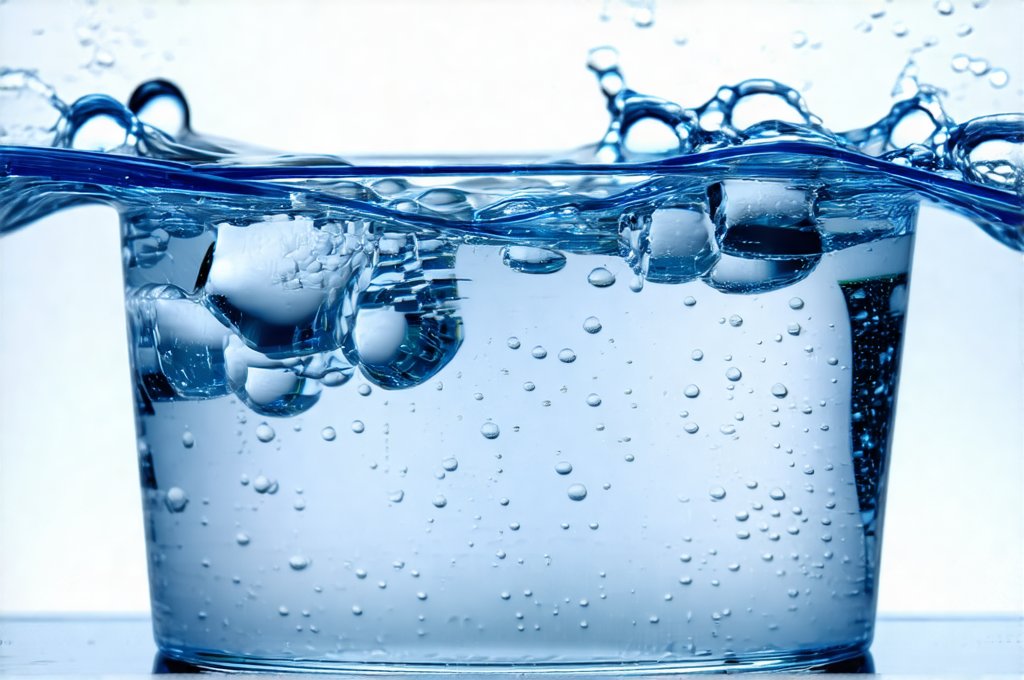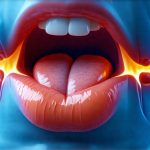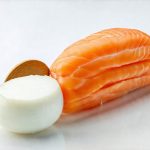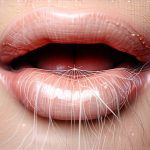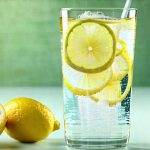Gastroesophageal reflux disease (GERD), commonly known as acid reflux, affects millions worldwide, causing discomfort ranging from mild heartburn to debilitating pain. Many individuals experiencing these symptoms instinctively reach for water, hoping it will neutralize the burning sensation and alleviate their distress. This intuitive response stems from a basic understanding of acidity – that dilution can lessen its impact. However, the relationship between drinking water, stomach acid, and reflux is far more complex than simple neutralization. It’s not merely about reducing acidity; it’s about how water interacts with the entire digestive process, esophageal function, and even the timing of fluid intake. This article will delve into the science behind this common practice, exploring whether drinking water truly helps manage acid reflux symptoms or if it might inadvertently exacerbate them in certain circumstances.
The human digestive system is a marvel of biological engineering, designed to break down food efficiently while protecting itself from its own potent acids. Stomach acid, primarily hydrochloric acid (HCl), plays a critical role in this process, not only aiding digestion but also acting as a barrier against harmful bacteria. Reflux occurs when the lower esophageal sphincter (LES) – the muscle separating the esophagus and stomach – relaxes inappropriately, allowing stomach contents to flow back upwards. This can lead to irritation of the esophageal lining, resulting in heartburn, regurgitation, and potentially more serious complications over time. Therefore, understanding how water influences these mechanisms is crucial for determining its effectiveness as a reflux management tool.
The Role of Stomach Acid in Digestion & Reflux
Stomach acid isn’t simply a destructive force; it’s essential for proper digestion and nutrient absorption. HCl breaks down proteins, activates digestive enzymes like pepsin, and helps sterilize food before it enters the intestines. A healthy level of stomach acidity is vital, even though it’s often perceived as the culprit behind reflux symptoms. The issue isn’t usually an overproduction of acid, but rather a malfunction in the LES or other factors that allow acid to escape where it shouldn’t be. In many cases of reflux, individuals actually have low stomach acidity, leading to incomplete food breakdown and increased pressure within the stomach, which can contribute to LES relaxation.
Water does interact with this process, but not necessarily as a direct neutralizer in the way many people assume. When you drink water, it mixes with the stomach contents, potentially diluting the concentration of HCl. However, the stomach continuously produces acid, and the effect of a small amount of water on overall acidity is often minimal and temporary. The stomach’s remarkable ability to maintain its acidic environment means that simply drinking water won’t significantly alter pH levels for long. Moreover, the sheer volume of acid produced by the stomach usually outweighs any dilution effect from moderate fluid intake.
It’s important to remember that the LES is the primary gatekeeper preventing reflux. Factors like obesity, certain foods (fatty meals, chocolate, caffeine), smoking, and even stress can all impact LES function more significantly than the temporary dilution of stomach acid by water. Therefore, focusing solely on neutralizing acidity often misses the root cause of the problem. Focusing on lifestyle modifications that strengthen LES tone or reduce pressure within the abdomen is generally far more effective long-term. Can connection and calm support digestion might also play a role in managing these factors.
Timing & Quantity: How Water Intake Impacts Reflux
The timing and quantity of water consumed can significantly influence its impact on reflux symptoms. Drinking large volumes of water during meals, for example, may actually worsen reflux by increasing stomach volume and putting greater pressure on the LES. This increased pressure makes it more likely that acid will escape into the esophagus. Conversely, sipping small amounts of water between meals might be more helpful, as it doesn’t contribute to the same level of stomach distension.
- Consider these points regarding timing:
- Avoid drinking large amounts of water directly before or during meals.
- Sip water slowly throughout the day, rather than gulping down large quantities at once.
- Drinking water 30-60 minutes after a meal may help dilute stomach contents and potentially reduce discomfort, but this is highly individual.
The type of fluid also matters. While plain water is generally recommended, carbonated beverages can exacerbate reflux symptoms due to the gas they introduce into the digestive system, further increasing abdominal pressure. Similarly, acidic drinks like citrus juice or soda should be avoided by those prone to reflux. It’s also important to note that individual responses vary greatly; what works for one person may not work for another. Paying attention to how your body reacts to different fluid intake patterns is crucial. Can drinking less water improve digestion could be a consideration for some, but moderation remains key.
Water’s Role in Esophageal Clearance & Mucosal Protection
Beyond its potential impact on stomach acidity, water plays a role in esophageal clearance – the process by which the esophagus removes refluxed material. Saliva, which contains bicarbonate and other neutralizing compounds, helps to buffer acid and wash it back down into the stomach. Water can contribute to saliva production (simply by staying hydrated) and assist with this natural cleansing mechanism. However, again, its effect is limited; excessive water intake doesn’t necessarily equate to better esophageal clearance.
Furthermore, adequate hydration supports overall mucosal health in the esophagus. A well-hydrated esophageal lining is more resilient and less susceptible to damage from acid exposure. Maintaining proper fluid balance is therefore an important aspect of digestive health, though not specifically a solution for reflux itself. It’s more about supporting the body’s natural defense mechanisms rather than directly counteracting acidity. Can blended diets help gut repair can also support overall digestive health and resilience.
The Importance of Individualized Approaches & Seeking Professional Guidance
It’s crucial to recognize that there isn’t a one-size-fits-all answer to whether drinking water helps or hinders acid reflux. Many factors contribute to reflux, and the optimal approach varies based on individual circumstances. For some individuals, small sips of water may provide temporary relief by diluting stomach contents or aiding esophageal clearance. However, for others, larger volumes of water might worsen symptoms due to increased abdominal pressure.
- If you consistently experience acid reflux, it’s essential to:
- Identify potential triggers (foods, lifestyle factors) and modify your habits accordingly.
- Consult with a healthcare professional to rule out underlying medical conditions and receive personalized advice.
- Consider exploring other strategies for managing reflux, such as dietary changes, weight management, stress reduction techniques, and potentially medication if recommended by your doctor. Acid reflux and chest pain: when to seek help is a crucial step in understanding more severe symptoms.
Don’t self-diagnose or rely solely on anecdotal evidence. While drinking water can be a helpful component of a broader strategy for managing acid reflux, it’s rarely a standalone solution. A comprehensive approach that addresses the underlying causes of reflux is far more likely to provide lasting relief and improve overall digestive health. Can low acid diets help with food intolerance could be a helpful area to explore alongside professional guidance. Can too much water dilute digestive enzymes is also worth considering in the context of overall hydration and digestion. Ultimately, listening to your body and seeking professional guidance are the most important steps in effectively managing this common condition. Can clutter affect digestion and mind demonstrates how holistic health impacts digestive wellbeing.

